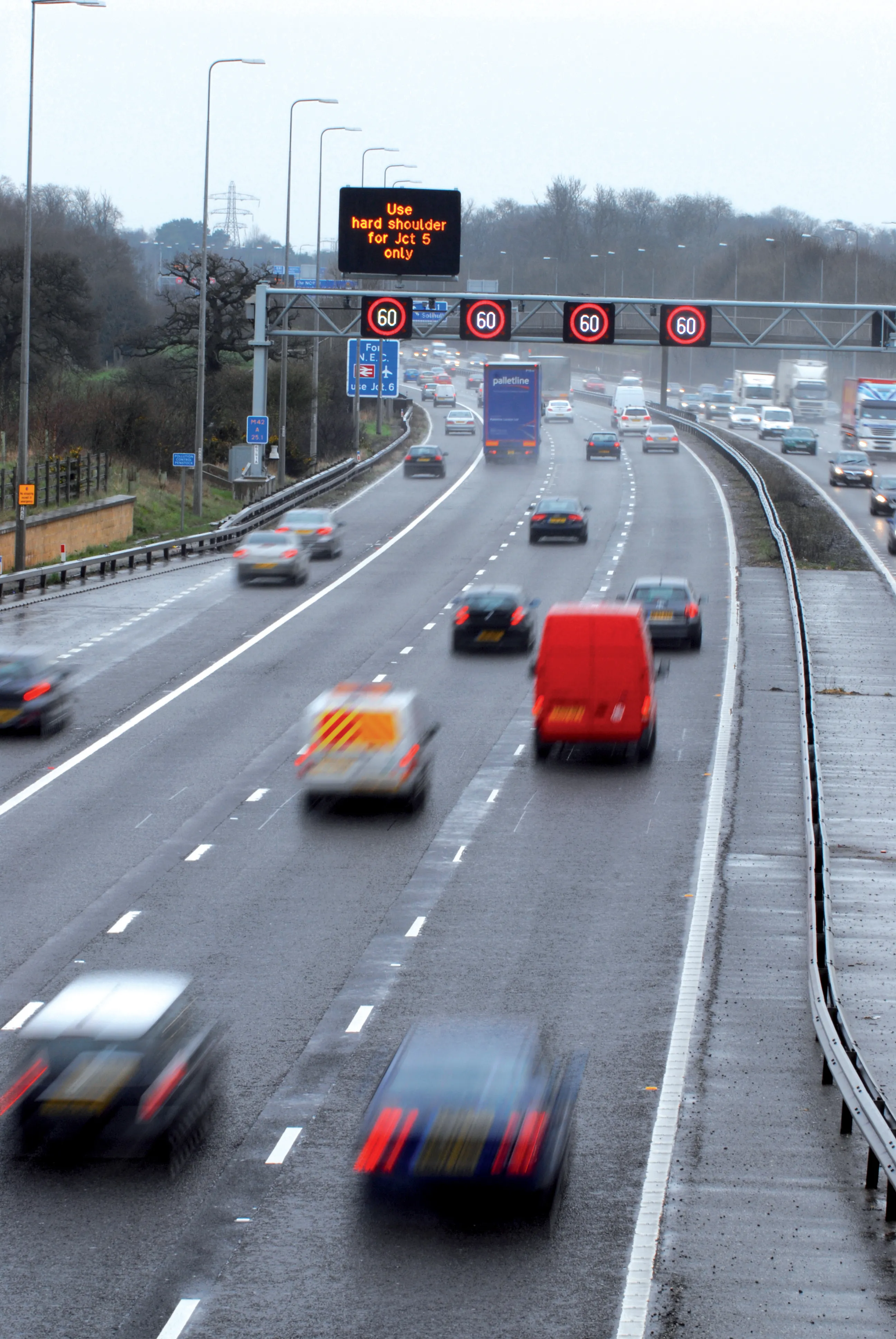Highways England, the government agency overseeing England’s motorways and A roads, has selected 8654 Advanced as its IT partner in a deal worth over €7.5 million
The multi-year contract, which started immediately, sees Advanced provide Highways England with secure and compliant IT infrastructure hosting.Highways England is committed to safely keeping traffic moving and better informing its customers, key initiatives detailed in its strategic business plan published in April 2015.
As part of this, it is moving to a new Advanced Traffic Management Systems – ATMS - software solution which is provided by 259 Kapsch. Highways England awarded Kapsch a £30m contract in late 2015 that requires the Austria-based firm to install the system at its regional control centre in Wakefield, West Yorkshire. From there, Kapsch is rolling it out across England. Around 40,000 devices are connected to the Highways England road signs network and links to emergency services, said Roy Wood, managing director of IT Services at Advanced. Advanced will provide IT infrastructure hosting for the ATMS solution. This continuous infrastructure management, backup and disaster recovery services in the event of an emergency. All is delivered through Advanced’s Infrastructure-as-a-Service (IaaS) environment. Services are underpinned by service level agreements and meet stringent recovery time objectives, recovery point objectives and round-trip time requirements.









